The Clemens Angel Analyst Fellowship, a partnership between Furman’s Hill Institute and VentureSouth, teaches students about venture capital investing through real-world experience.
Beyond any financial assets, the team behind a business is its strongest advantage. That proved true for the 22 Furman University students who completed the 2024 Clemens Angel Analyst Fellowship.
Since Spring 2022, the program has been equipping students for successful careers in angel investing, venture capital, private equity or raising capital for a startup venture. The fellowship is a collaboration between Furman’s Hill Institute for Innovation and Entrepreneurship and Greenville-based investment firm VentureSouth.
Katie Rudins ‘26
Students spend 10 weeks learning through facilitated discussions, exercises, case studies and guest speakers, along with mentors who help guide them through real-world applications of the investing topics they may have covered in their classes.
“We were given a real company that had pitched their idea to VentureSouth and we were able to analyze it and do our own due diligence in small groups,” said Katie Rudins ’26, an applied mathematics major at Furman. “It was inspiring to hear about how entrepreneurs took their own ideas and brought them to reality.”
Through due diligence reports, capitalization tables, exit strategies and company valuations Rudins said she and the other students were able to explore these concepts through practical scenarios. As a data analytics minor, Rudins’ knack for numbers took on new meaning as the fellowship showed her different ways to apply her skills.
Economics major Aashiq Patel ’27 knew he wanted to go into investment banking before he heard about the fellowship, but the chance to be an angel investor in innovative startup companies was exciting. The program affirmed his passion for business and economics, and collaborating with his peers to analyze pitches mimicked working in a professional environment.

Aashiq Patel ’27
“Part of The Furman Advantage is utilizing your four years here to explore career options and set you up for success in whatever field you go into,” he said.
The small-group collaboration was a crucial lesson, Rudins said. Students had room to play to their individual strengths while contributing to the team effort.
“This program was open to all majors, so some of us were more quantitatively and analytically minded while others were more design-oriented,” she said. “It’s easy for us to be caught up in the numbers and data, which is important, but passionate team members make you much more likely to succeed.”
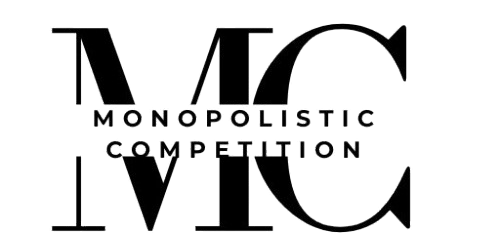
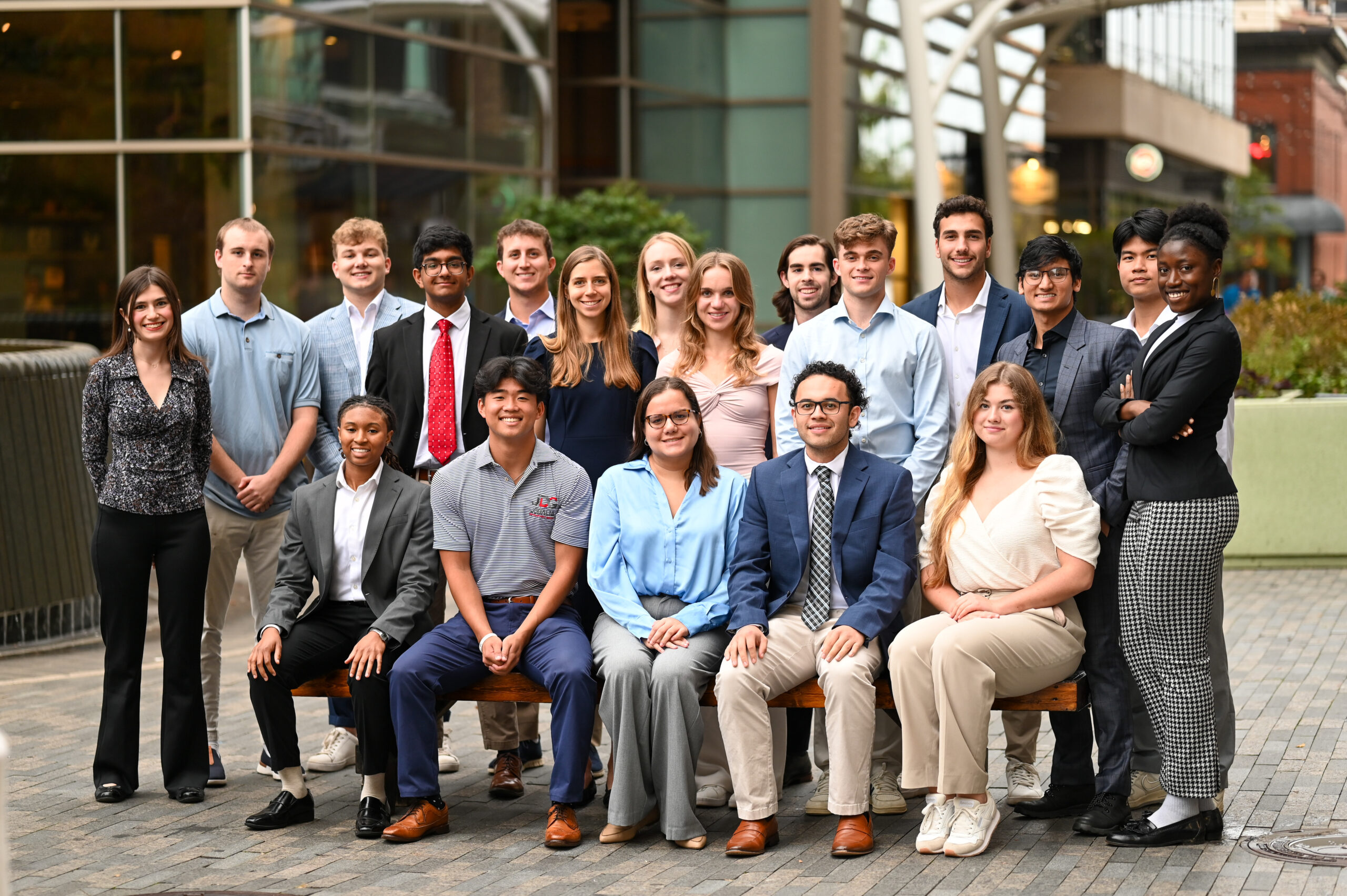



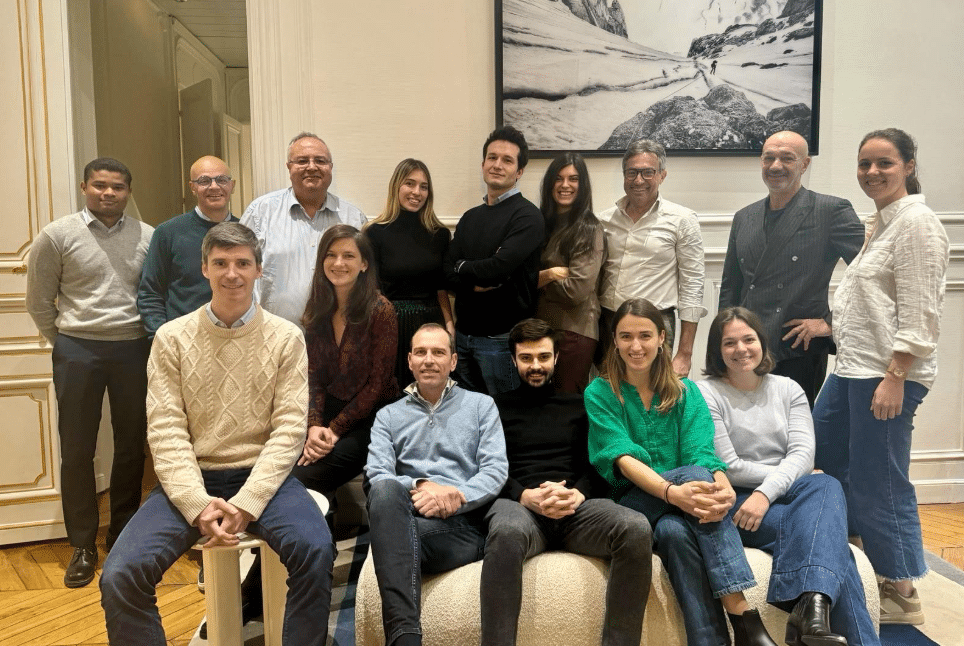
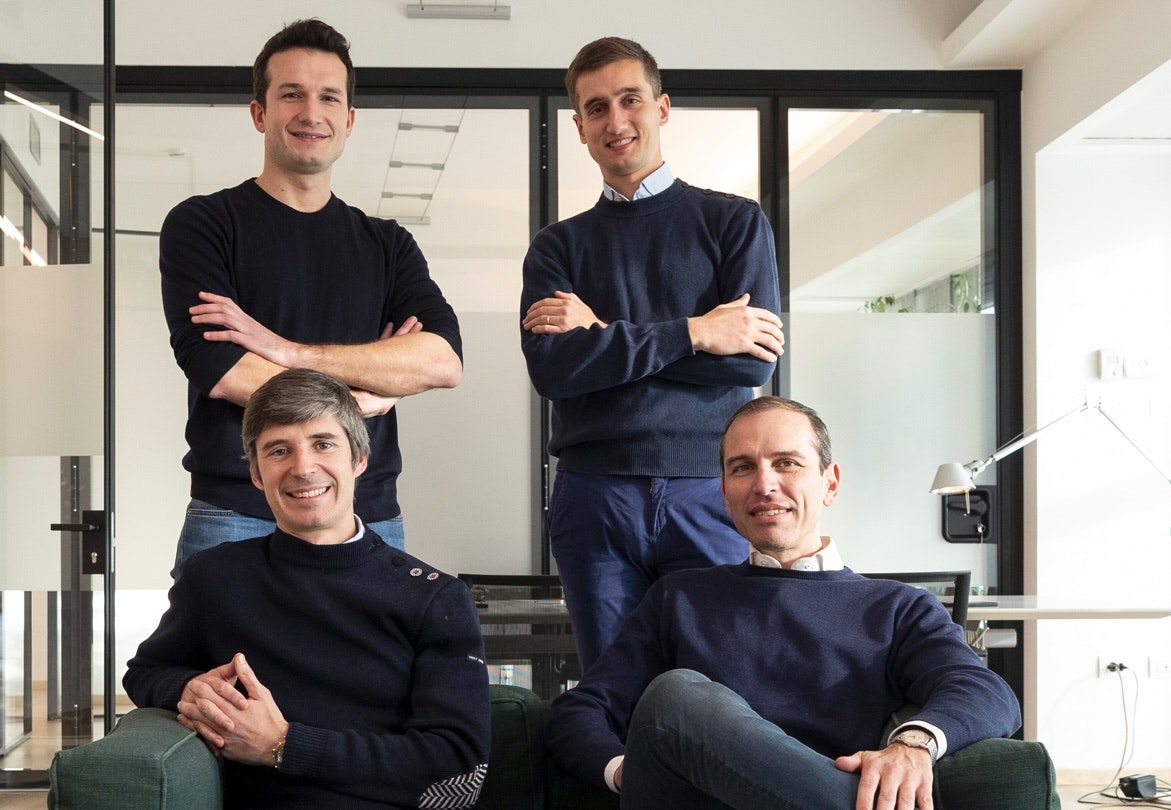


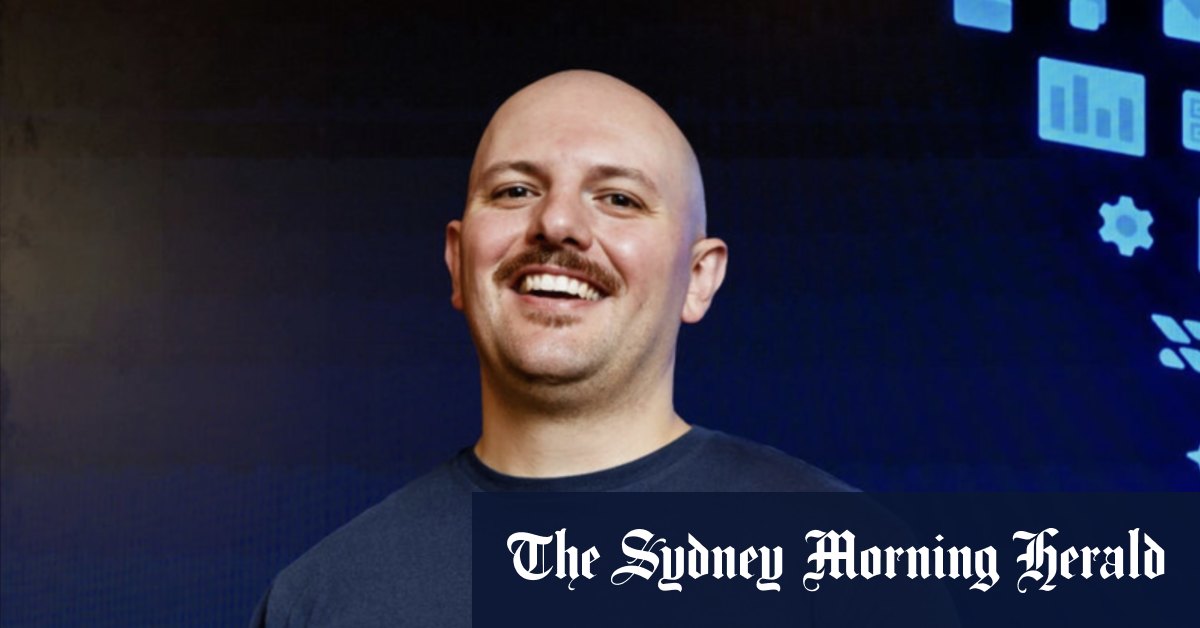
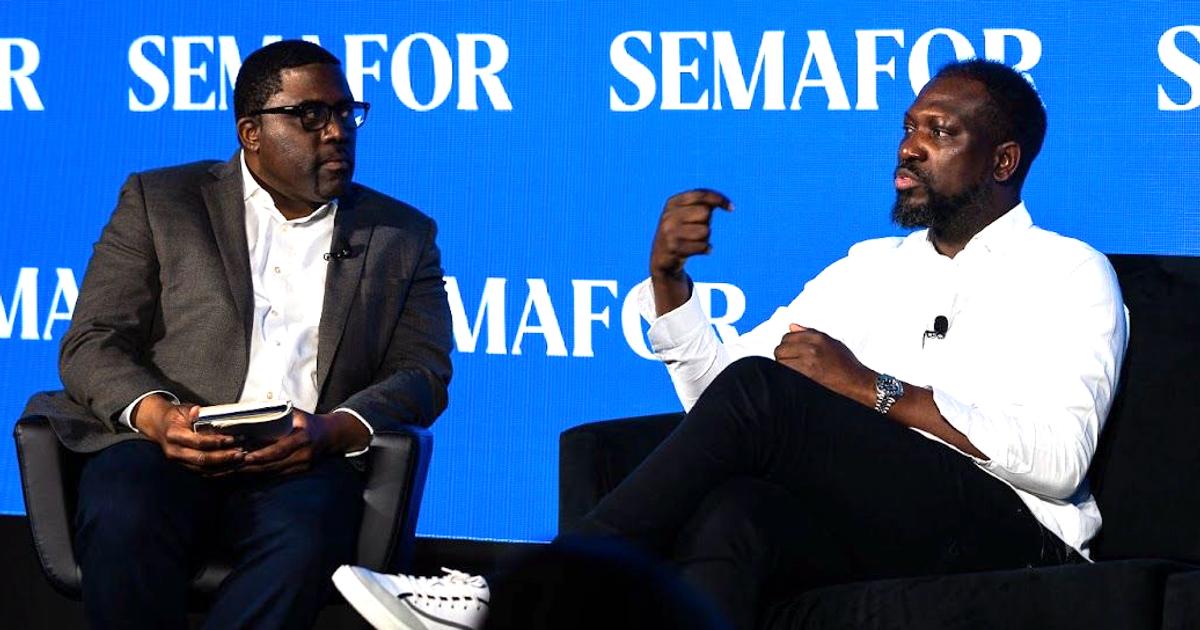
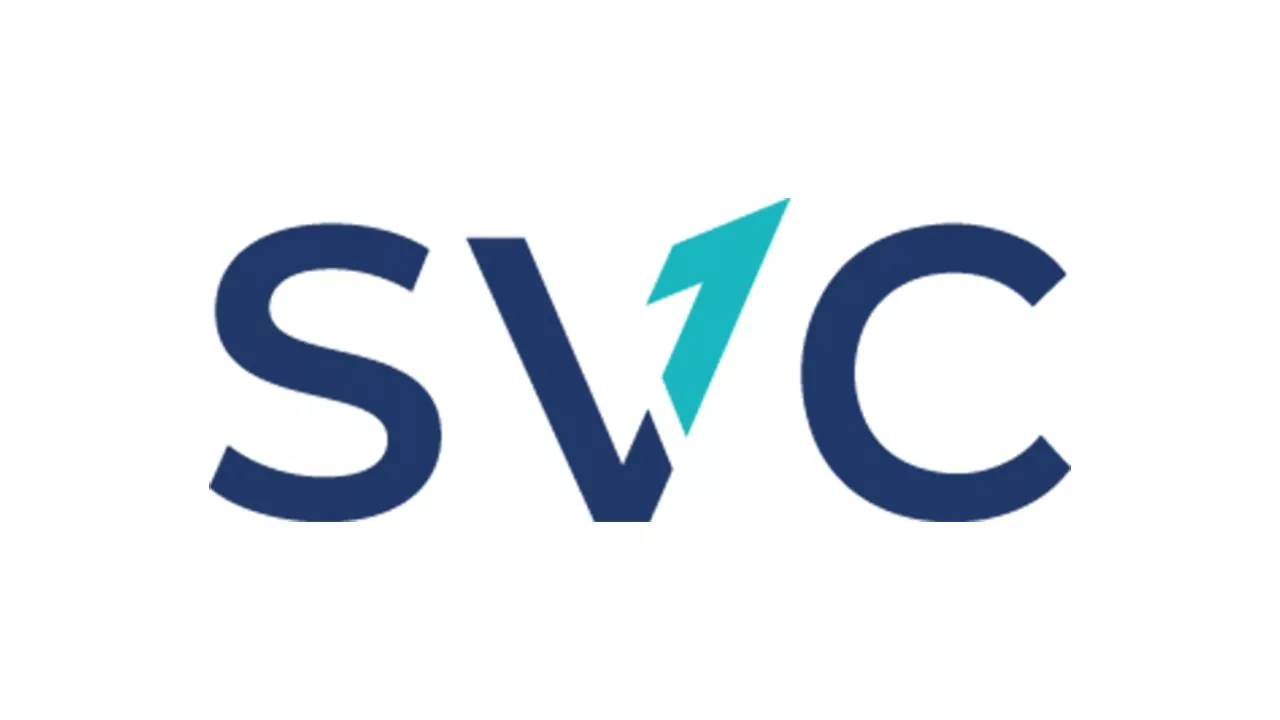
Leave a Reply